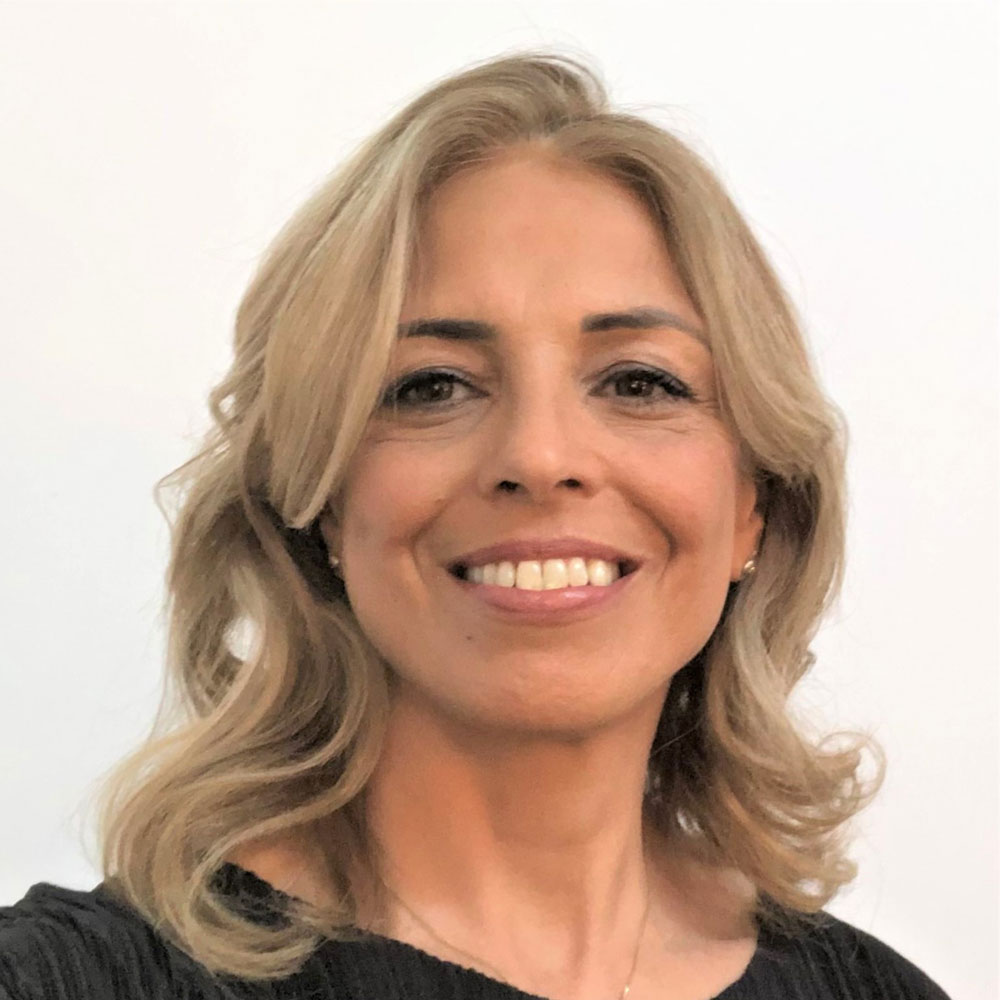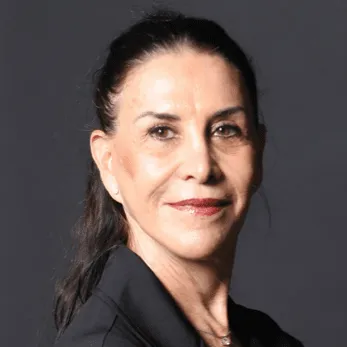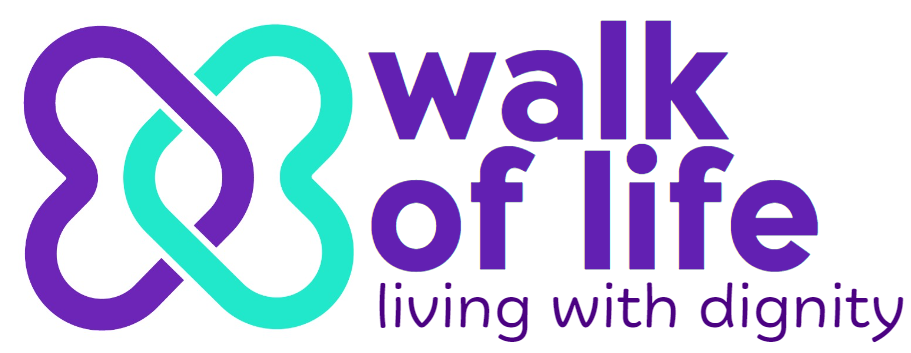WHO ARE WE
learn about Walk of Life Foundation
OUR VISION

To respond to the social, emotional and practical needs of adult patients who are defined by the Israeli law as terminally ill, and their families , regardless of religion, gender or sector at no cost to them.

To promote awareness of the terminally ill patients’ needs and especially to the possibility of palliative care.

To fulfill a last dream for the patient and his family
About Walk of Life Foundation
Terminally ill patients who have reached an advanced stage often ask themselves what will happen? When they are told that their life span available to them is probably limited, they are faced with many questions :
what to do? What about my family?
How will I manage? What about all the bureaucrati procedures?
How will this happen? How to say goodbye?
And there are many questions arising from the culture in which he grew up, which religion he belongs to and more... Every dying patient and his own personal questions that bother him.
According to the publication of the Israeli Central Bureau of Statistics, in 2017, 44,566 residents died of serious illnesses, which is half a percent of Israel's population for that year. Over a million and a quarter family member cared for a terminally ill loved one at the end of his/her life.
The Foundation accompanies the patient by introducing palliative care, psychological support of the patient and his family members as well as social support, spiritual support, legal advice and the fulfillment of his last dream.
“Walk of Life Foundation “ relies on the services of volunteers whether professionals or others, in order to give the patient and his family every help possible.
Walk of Life Foundation (ID 580767721) was established in Israel in 2023 , and it is a "one stop shop" for all the services and support for the terminally ill patient and his/ her family members.
The services are provided to all residents of Israel without distinction of religion, sector and gender.
What is palliative care?
Palliative care, or supportive care, is a holistic therapeutic approach, which aims to alleviate the suffering of a patient facing an incurable disease, with the aim of achieving the best quality of life for him and his family members.
Examples of incurable diseases - cancer of all types, advanced heart failure, terminal lung diseases, dialysis patients, patients with severe neurological diseases of all types (Parkinson's, muscular dystrophy, multiple sclerosis) and dementia.
The palliative treatment is designed to relieve pain and other symptoms of the disease or side effects of the medical treatment (shortness of breath, nausea, constipation, insomnia, fatigue, loss of appetite, etc.). Beyond the physical aspects, the treatment also deals with mental, social and spiritual aspects involved in dealing with the patient and his family.
In order to encompass the scope of these topics, the treatment is usually given by a multi-professional team that includes the professions of medicine and nursing, social work, psychology, psychiatry, physical therapy, occupational therapy, nutrition, spiritual guidance, complementary medicine, and more.
Palliative care is provided in Israel free of charge, funded by the health insurance funds, and is part of the basic rights of every citizen, especially those facing an incurable disease in its advanced stages, based on the state health insurance law, the patient's rights law and the dying patient's law.
The palliative care can be given at two levels:
1. Primary palliative approach - can be given by any medical staff member who treats patients with serious illnesses, according to basic palliative principles.
2. Secondary palliative care - by a multi-professional team trained in palliative medicine or with extensive experience in the field. Treatment is provided in hospitals, geriatric institutions, inpatient hospices and home hospices.
Walk of Life Foundation intends to raise awareness of palliative care and will help them get the necessary support.

Our goals
- To provide accompaniment and support to terminally ill adults and their families (practical, emotional, spiritual and legal)
- To raise awareness of palliative care in the general public
- To provide patients and their families with advice and guidance on all aspects of palliative care
- To provide practical assistance to the patient and his family in normal daily tasks
- To assist the terminally ill in end-of-life planning
- To fulfill the last dream of the patient
- To improve the daily life of bedridden patients by means of innovative activities and advanced technology
Our values
Association activity
Walk of Life is a non-profit foundation that is entirely dedicated to working with and for terminally ill adult patients and their family members. We are here to promote the quality of life of patients and families. We are always available to give information, assistance and support at the moment of truth. We also invest in informative activities in the development of palliative care as an additional way of treating the terminally ill.
We are developing cooperation with various foundations and organizations in Israel to promote the issue of support and assistance to the terminally ill adult patient.
The foundation is supported by a bank of volunteers in a very wide variety of professions and positions that form the backbone of Walk of Life Foundation. Each patient and his family are accompanied by a "coordinator " on behalf of the foundation , who walks with them hand in hand through the challenging and painful journey along the difficult path at the end of the patient's life.
The accompaniment can be given to the patient himself or to members of his immediate family who are experiencing difficulties due to the situation at home or hospice.
Assistance can be provided in a wide variety of situations: psychological, social, image, palliative, spiritual, religious, legal and more.
In addition, Walk of Life Foundation intends to fulfill the last dream of the patient and his family members.
The uniqueness of Walk Of Life
- Whereas there are many foundations relating to terminally ill children or young patients, there are very few frameworks that deal with patients aged 18+ at the end of their lives. Walk of Life Foundation takes it upon itself to improve this situation.
- Walk of Life benefits from broad support and assistance from associations, organizations and professionals whose work relates to the goals of the Foundation and develops collaboration with them for the benefit of the patient and his family.
- Walk of Life Foundation strives to find the most appropriate support and services for each terminally ill patient and his family by identifying and implementing individual and continuous treatment for them.
- The Foundation intends to increase public awareness and lessen the stigma surrounding death and dying, hoping to create a supportive environment for all people who are at the end of their lives.
- The Foundation promotes an environment that respects the autonomy, backgrounds, beliefs and cultural values of all dying people, and acts accordingly.
- Walk Of Life Foundation intends to assist bedridden patients by creating innovative technologies to connect them with the outside world.
Board of Directors

BEN HAREL - FOUNDER AND CHAIRMAN

ELI ALONI, FOUNDER

ORIT NEUDERFER, MD

DR. HADAR RON, MD, LLB.

ORLY STEINBERG , CPA

NOAM KALINA
Advisory Board
-
Sharona Ariel
Social Coordinator and Volunteer Coordinator, Centrel Israel
-
Prof. Yaakov Bachner
Head of the M.A. program in gerontology in the Department of Public Health at Ben-Gurion University. His primary research interests pertains to formal and informal caregiving of chronic and terminal illnesses among the elderly
-
Prof. Dan Greenberg
Professor of Health Policy and Management, Ben-Gurion University. Health Economics, Health Technology Assessment (HTA) consultant
-
Dr. Carlos Gruzman
CEO of Kaplan, Herzfeld and Sharon Hospitals – Emeritus
-
Dr. David Hausner
Head of the Palliative Unit , Shiba – Tel Hashomer Medical Center
-
Dr. Tal Harel
Pain Management Specialist – Shiba – Tel Hashomer Medical Center
-
Dr. Jacqueline (Jackie) Reznik
Prof. Jackie Reznik is an expert in neurological physiotherapy and the clinical application of Extracorporeal Shock Wave Therapy (ESWT) for Neurogenic Heterotopic Ossification (NHO). Her research, supported by various grants including an APA Grant, has shown promising results in improving mobility for patients with neurological trauma. With 13 publications, a co-authored book chapter, and extensive clinical experience, Prof. Reznik also supervises doctoral candidates and contributes as a peer reviewer for several academic journals. She is
-
Carmit Harel , LLB.
Legal Advisor , Non for profit and Patient Rights Specialist
-
Dr. Ofir Morag
Oncology and Pain Management Specialist
-
Rabbi Moshe Rosengarten
Deputy Director of the Haredi Community, Jerusalem District
-
Dr. Roni Sabar
Founder and Chief Medical Officer of Sabar Health
-
Prof. Sam Tiano
A psychiatrist with experience in multi-age therapy. A past president of the Israel Psychiatric Association and winner of the 2022 Life Award Achievement
-
Dr. Auni Yousef , MD , LLB.
Medical Head of Nazereth Towers Medical Center – Clalit Health Services
-
Prof. Zaza Iakobishvili
prominent Israeli cardiologist, is the head of Community cardiology department in the Tel Aviv Jaffa district of Clalit Health Services and founder of the burgeoning field of cardio-oncology in Israel
FAQ
We hope to develop and spread all over the country.
The assistance, accompaniment and support are provided by the volunteers of “Walk Of Life Foundation” and is free of charge. If the patient and/or his/ her family are transferred to an external party - the service may be at cost to the patient.
We hope to reach an understanding with all the external parties (non-profit foundations and/or organizations) to which the patient will be referred, to price their services at a considerable discount.
According to the Israeli “Dying Patient Law’- 2005, two doctors are supposed to determine the matter, otherwise the doctor's duty is to save your life. The Dying Patient Law includes the right to demand medical treatment, to avoid receiving medical treatment and to stop medical treatment that has already begun. The uniqueness of the law is that it allows a person to avoid life prolonging treatment , if he wishes to do so.
The legal situation in Israel today is that there is no way to end life with help from the medical establishment.
Below are several sections of the Israeli law that pertain to this:
* Section 298 of the Penal Code: "Whoever causes the death of a person through a prohibited act or omission, shall be guilty of manslaughter, and shall be sentenced for twenty years in prison."
* Section 302 of the Penal Code: "Whoever causes a person to commit suicide, by solicitation or advice, or assists a person to commit suicide, shall be sentenced for twenty years in prison."
* Chapter D, Section D of the Dying Patient Law prohibits euthanasia, assistance to suicide, and even stopping continuous medical treatment that may lead to death.
No. Any person regardless of religion, sector or gender can be referred to our foundation by a physician or medical services institution, as long as he is recognized by the Israeli law as a "dying patient" according to the “Dying Patient Law, 2005”
Palliative care is provided by Israeli law to patients with incurable diseases who have been defined as palliative patient by a specialist in the field.
The diseases that allow eligibility for palliative care (for the appropriate patients) are: cancer, heart failure, lung disease, neurological diseases, liver and kidney failure, dementia and a state of unconsciousness.
The treatment that is offered to terminally ill patients is palliative - supportive care.
The treatment will be provided at different levels:
- medical treatment by a physician which is mainly intended to relieve the patient in any possible way and enable the best quality of life considering the situation.
- A psychological companion that enables soul conversations, self-observation as well as other requests of the patient.
- If necessary, then also social , spiritual or religious accompaniment.
- The accompaniment and support are for both the terminally ill patient and his/ her family members and companions in order to make it easier for them to support him.
All “Walk of Life Foundation” activities are funded entirely by donations from private individuals, organizations, foundations in Israel and around the world.
Transparency - our foundation documents (in hebrew)
Assessment and evaluation
Measuring the satisfaction of those who benefit from the services of Walk of Life Foundation is an essential aspect in evaluating the effectiveness of the association's programs and services.
In order to test the effectiveness and satisfaction of terminally ill patients and their families with the Foundations’ services, several evaluation and testing mechanisms can be used:
- Enable and administer structured surveys to collect feedback from patients and/or their family. Anonymous feedback should be allowed if they prefer not to share their identity.
- Hand out feedback forms at the end of workshops, training sessions or other events to capture immediate impressions and suggestions for improvement. The data must be studied, and the activity should be refined based on the learning.
- conducting personal interviews with selected families of patients at the end of their lives, to gain deeper insights into their experiences and perspectives.
- Check if there is an increase in the number of people asking for help.
- Whenever possible and according to the circumstances, try to conduct personal interviews with selected patients to gain deeper insights into their experiences and perspectives.
- To hold regular meetings with all the association's volunteers to examine their impressions, the existing needs that require attention and their impressions of where and how we can improve our services .

